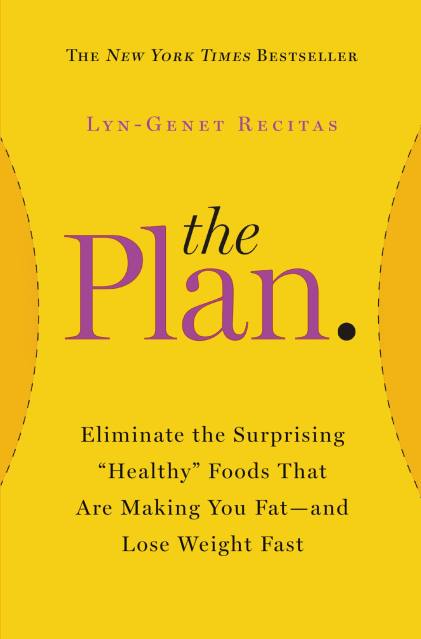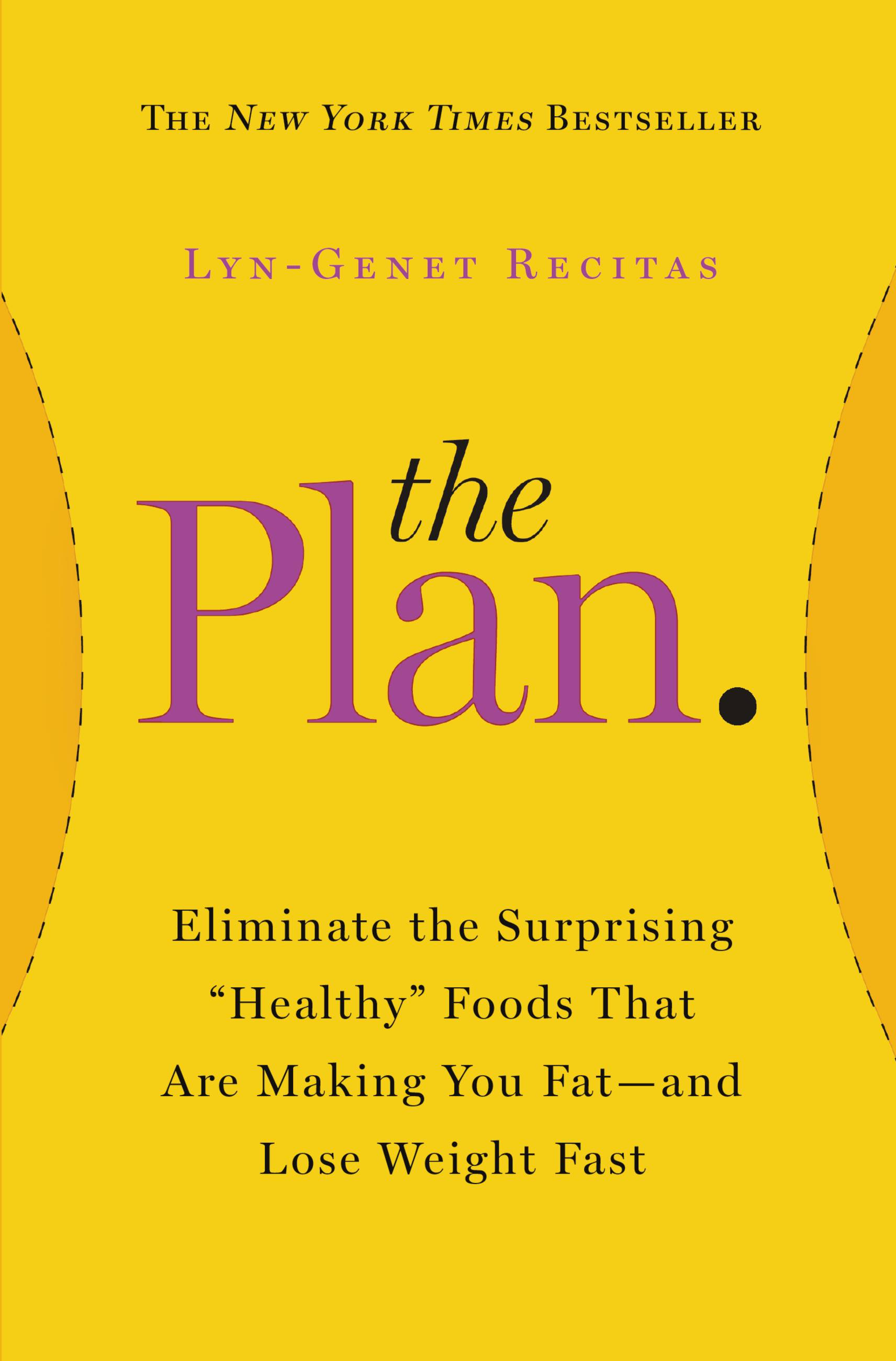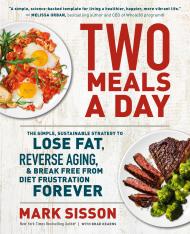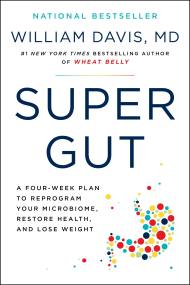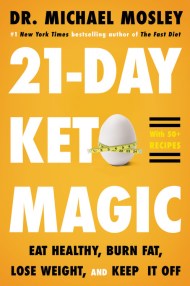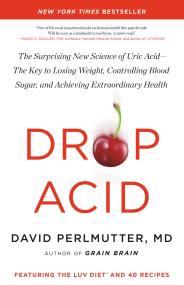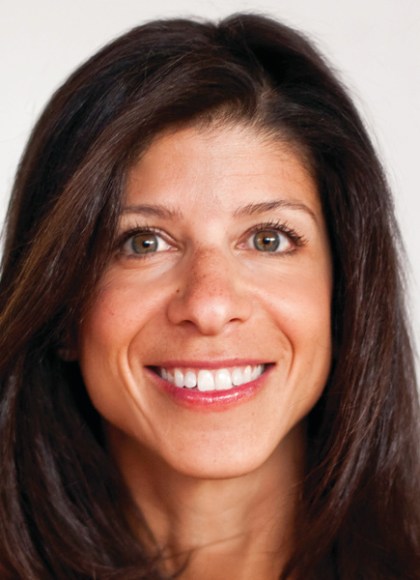Promotion
Use code MOM24 for 20% off site wide + free shipping over $45
The Plan
Eliminate the Surprising "Healthy" Foods That Are Making You Fat--and Lose Weight Fast
Contributors
Formats and Prices
Price
$9.99Price
$12.99 CADFormat
Format:
- ebook $9.99 $12.99 CAD
- Audiobook Download (Unabridged)
- Trade Paperback $17.99 $22.99 CAD
This item is a preorder. Your payment method will be charged immediately, and the product is expected to ship on or around January 1, 2013. This date is subject to change due to shipping delays beyond our control.
Also available from:
New York Times bestselling author and cutting-edge nutrition expert Lyn-Genet Recitas reveals the surprising truth behind the “healthy” foods that cause weight gain and provides personalized meal plans for rapid weight loss.
Carbs and portion sizes are not the problem when it comes to weight loss, contrary to popular belief. Foods that are revered by traditional weight loss programs, such as turkey, eggs, cauliflower, beans, and tomatoes, may be healthy in a vacuum, but when combined with each person’s unique chemistry, they can cause a toxic reaction that triggers weight gain, premature aging, inflammation, and a host of health problems including constipation, migraines, joint pain, and depression.
Lyn-Genet’s groundbreaking 20-day program helps readers finally unlock the mystery behind what does and does not work for their individual bodies. With detailed meal plans, recipes, and effective, personalized advice, you will discover how to:
Lose a half a pound a day while enjoying generous servings of foods you love
Identify your hidden trigger foods that are causing weight gain and inflammation, among other symptoms
Build a personalized healthy foods list that promotes rapid weight loss
Avoid feeling bloated, tired, or unhealthy again!
Feel better, look better, and be empowered by the knowledge of what truly works best for your body!
Carbs and portion sizes are not the problem when it comes to weight loss, contrary to popular belief. Foods that are revered by traditional weight loss programs, such as turkey, eggs, cauliflower, beans, and tomatoes, may be healthy in a vacuum, but when combined with each person’s unique chemistry, they can cause a toxic reaction that triggers weight gain, premature aging, inflammation, and a host of health problems including constipation, migraines, joint pain, and depression.
Lyn-Genet’s groundbreaking 20-day program helps readers finally unlock the mystery behind what does and does not work for their individual bodies. With detailed meal plans, recipes, and effective, personalized advice, you will discover how to:
Lose a half a pound a day while enjoying generous servings of foods you love
Identify your hidden trigger foods that are causing weight gain and inflammation, among other symptoms
Build a personalized healthy foods list that promotes rapid weight loss
Avoid feeling bloated, tired, or unhealthy again!
Feel better, look better, and be empowered by the knowledge of what truly works best for your body!
Genre:
- On Sale
- Jan 1, 2013
- Page Count
- 320 pages
- Publisher
- Grand Central Life & Style
- ISBN-13
- 9781455515509
Newsletter Signup
By clicking ‘Sign Up,’ I acknowledge that I have read and agree to Hachette Book Group’s Privacy Policy and Terms of Use
